Overview
Social threefolding is the idea that society isn’t one system but three; each with its own logic, purpose, and rules. Those three are: cultural life (everything that involves thinking, expression, learning, identity), rights life (law, ethics, equality before others), and economic life (production, exchange, mutual support). A healthy society separates these spheres so they don’t collapse into each other. Culture needs freedom to flourish; rights need equality to function; economics needs solidarity to be human.
If any one of these dominates the others, you get imbalance. When the market runs everything, culture turns into product and people become labor units. When the state runs everything, thinking becomes policy. When culture runs everything, rights get blurry and economy floats into fantasy. Social threefolding is a design principle for society that says; let each part breathe on its own terms, then interlink them consciously.
What is it for?
This is an operating system for social coordination, it's a composable model. You don’t need to believe anything to use it. The value is technical; it helps you design institutions and systems that avoid collapse. It helps you figure out what kind of structure you're building. It lets you identify when something is pretending to be neutral but is actually imposing one sphere’s logic onto the others.
So why now? Because the current social stack is broken, and everyone can feel it. We’re in a time when cultural life is overwhelmed by algorithmic pressure and performance; when law and governance are slow, brittle, and reactive; when the economy is eating everything and still hungry. We're flooded with tech that scales fast and principles that scale badly. Social threefolding gives a real answer to that. It offers a way to rebuild without repeating the centralization mistakes of the past.
Cryptocurrency
For people building in crypto, the appeal should be obvious. This is coordination theory grounded in human structure, not code or ideology. It answers questions most DAOs stumble over. It explains why some systems fail even when they’re technically sound. It gives you a test: does your protocol belong in the economic sphere, the cultural, or the legal? If it spans them, are you making that explicit and structuring accordingly? If you're designing a community, are you thinking about freedom in thought and expression, or just participation? Are you ensuring rights, or just access? Are you building value, or just liquidity?
The point is: threefolding lets you build social systems with the same clarity you expect from technical systems. It doesn’t tell you what to do; it tells you how to see. You don’t even need to apply it perfectly. Just using the lens changes what’s possible. It makes invisible tensions visible. It forces design questions early. It protects the autonomy of thought, the equality of people, and the dignity of economic life.
The Spheres
Society isn’t one thing. It’s three overlapping but distinct dynamics: cultural life, rights life, and economic life. You’re living in all three right now, whether you know it or not.
Cultural Life
Cultural life is where meaning happens. It’s everything that flows from thought, imagination, education, creativity, language, art, science, spirituality, self-expression—everything that defines who we are and how we make sense of the world. It’s upstream of everything else. Without cultural life, nothing has direction. Its law is freedom; you can’t think freely under orders. When cultural life is healthy, people can create, explore, speak, learn, and change their minds.
Rights Life
Rights life is the domain of law, governance, and relationships between people as equals. It’s where constitutions live, where civil liberties are debated, where governance gets designed and enforced. In this sphere, it doesn’t matter how rich or talented you are; what matters is that you’re a person. Its core principle is equality; not sameness, but equal moral standing. No one gets special treatment. You don’t vote with tokens here; you vote because you exist.
Economic Life
Economic life is about meeting human needs. Not in theory—in practice. It’s the movement of goods, services, infrastructure, value flows, mutual support. It’s logistics, coordination, supply chains, energy, food, housing, tech. Its law is solidarity; the recognition that we’re interdependent. You don’t make a shoe and wear it; someone else needs it. You don’t eat your own software; someone else depends on what you ship. Real economics is about service, not extraction.
These spheres aren’t silos; they interact constantly. But they function best when each is allowed to operate according to its own principle. Culture gets sick when it’s run by the state or monetized by markets. Rights get distorted when influenced by ideology or wealth. Economics collapses into either chaos or control if it’s not grounded in service and fairness.
Social threefolding gives you the clarity to see these dynamics for what they are. Not to moralize about them; to build with them in mind. It’s the start of thinking socially in the same way we already think technically—precisely, compositionally, and with purpose.
If this topic intrests you, here are some free online books to learn more about Threefolding;
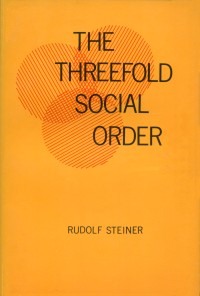
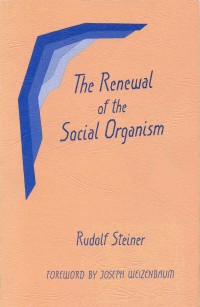
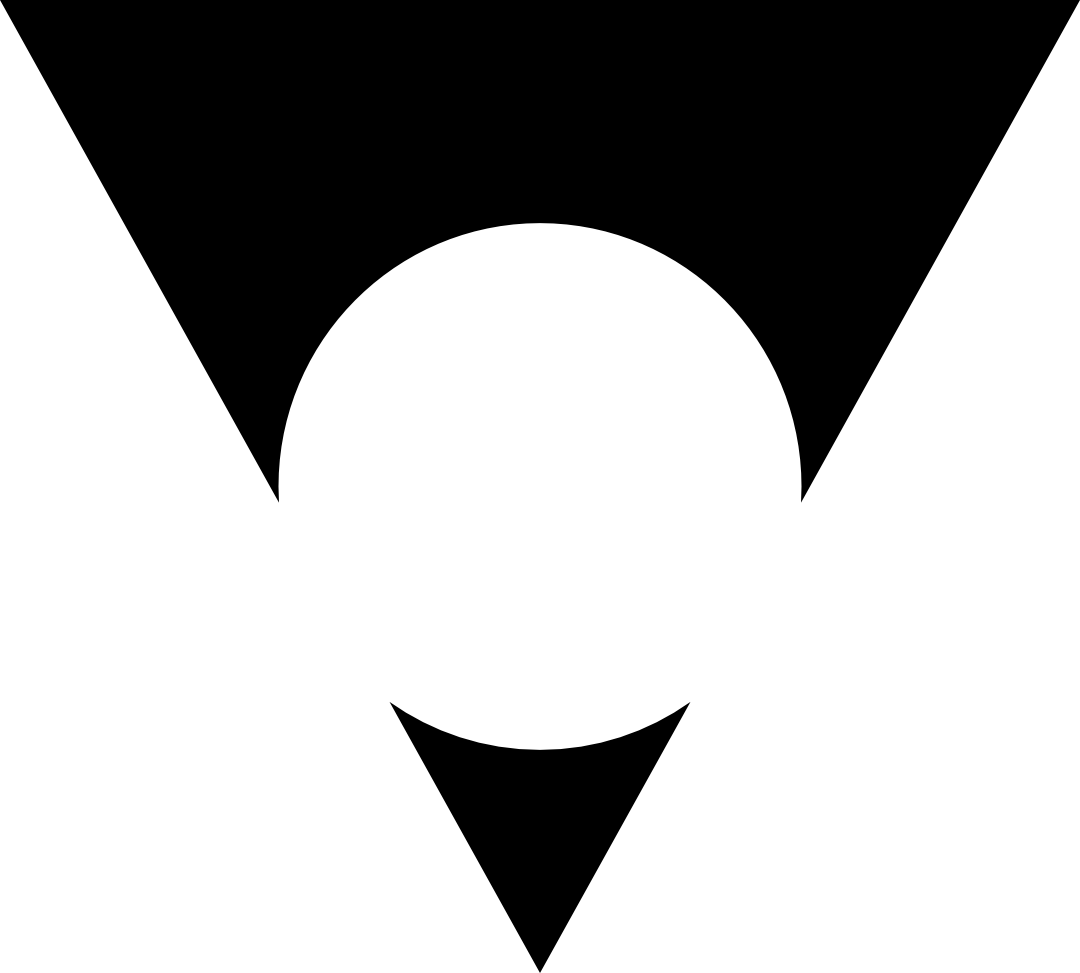
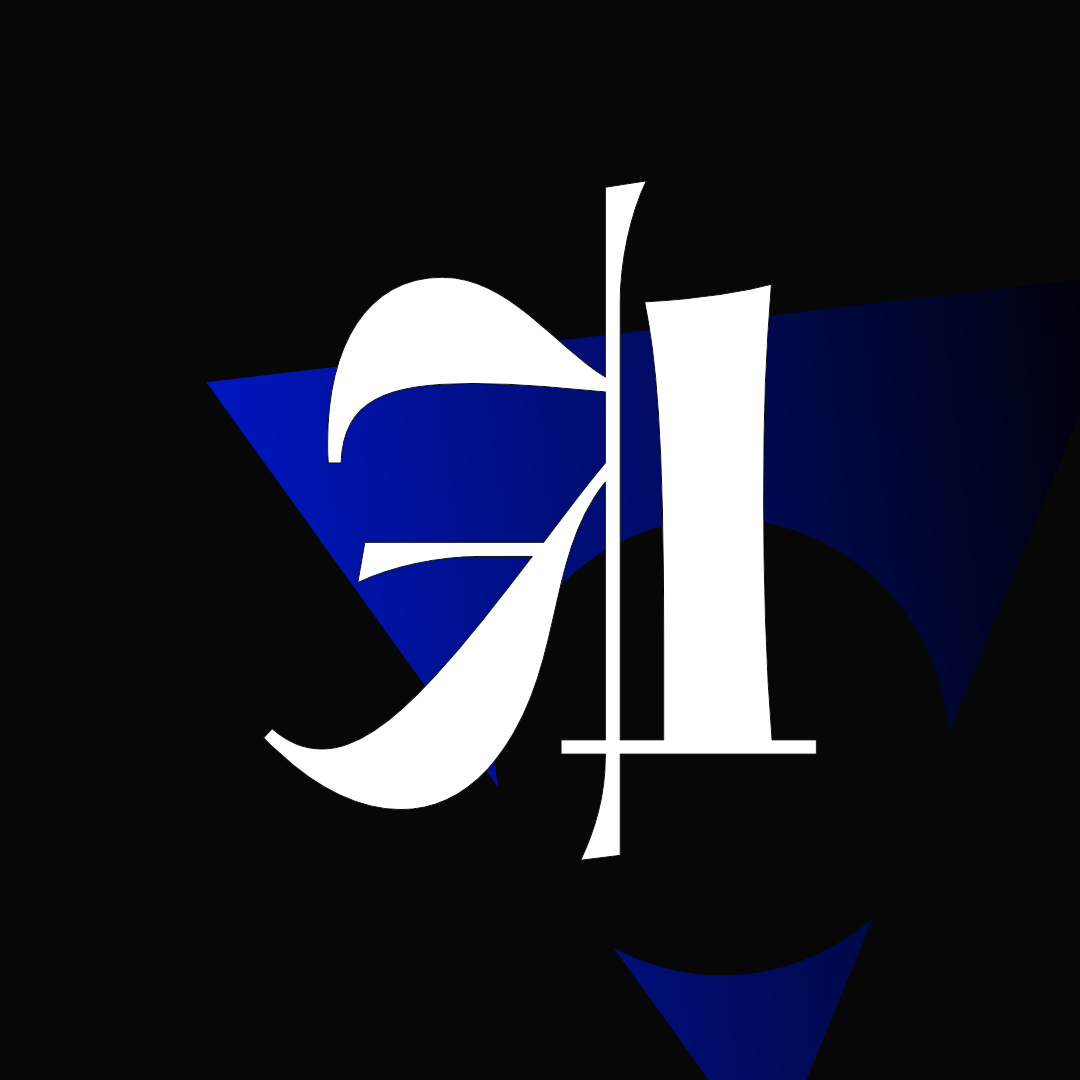




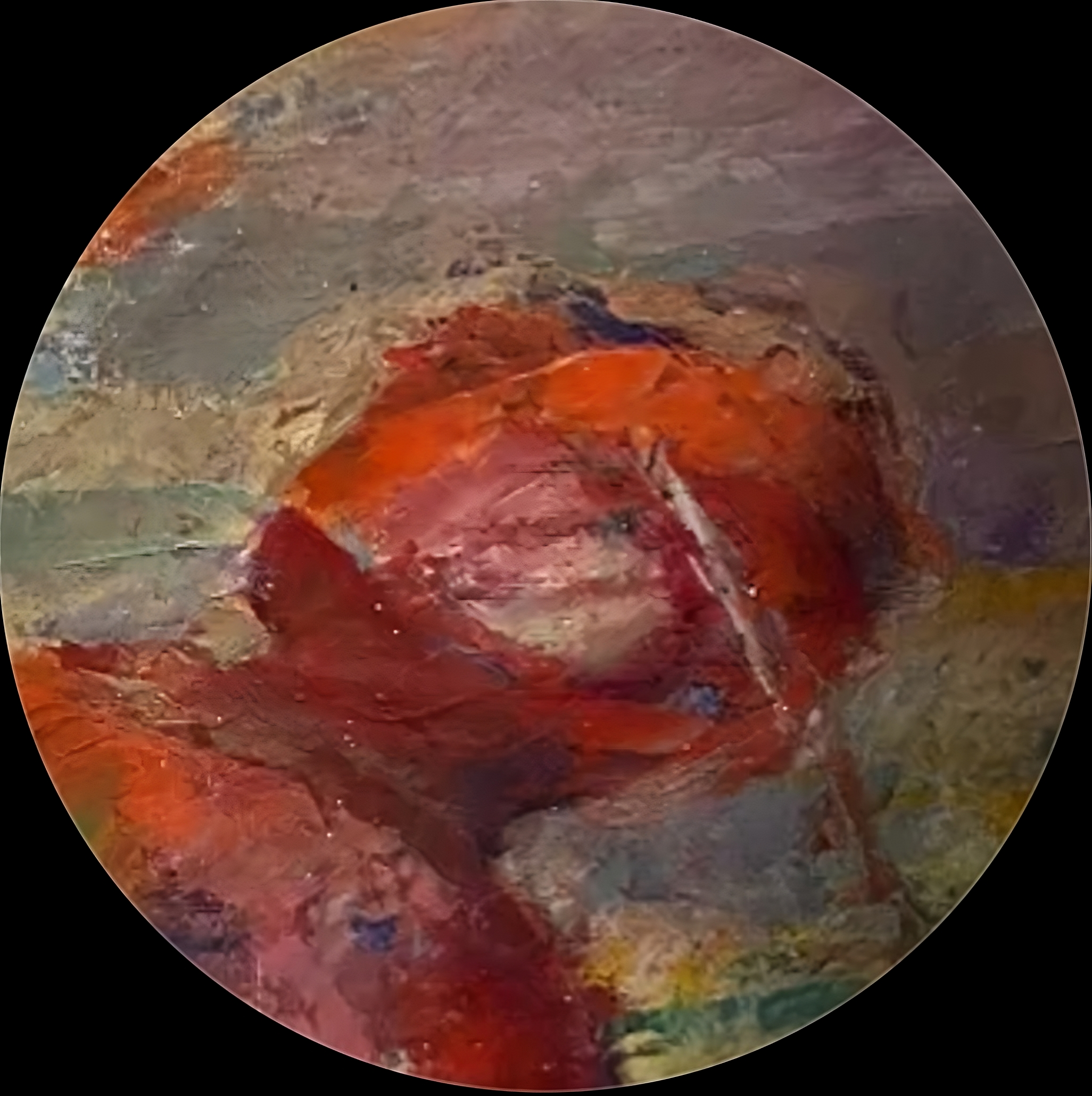









Discussion